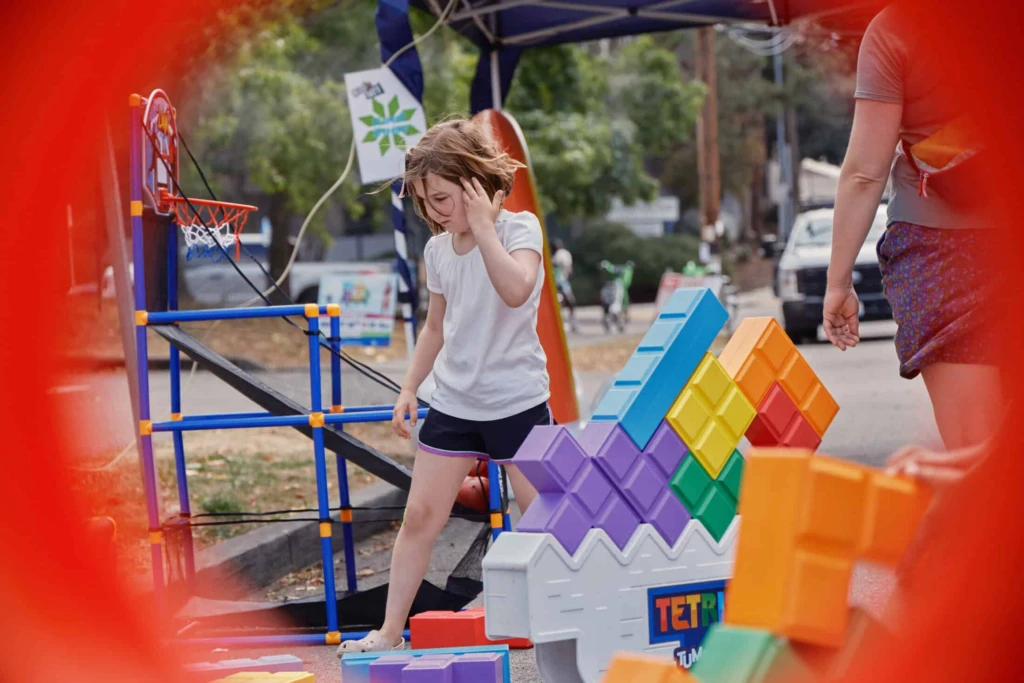Advisory Councils
Collaborative Advocacy Practices
All Advisory Council volunteers of ARC are expected to act with honesty, integrity, respect, and openness in all interactions with one another and with the communities we serve. Below are some guidelines and tips to foster communication practices between AC members, ARC, and SPR.
Best Communication Practices
Confer with your SPR Liaison* and ARC Community Relations Program Manager before advocating through a formal written communication to elected officials, to confirm that the information is accurate, directed to the appropriate decision maker, does not contradict, or compete with existing efforts, and meets all legal and ethical standards.
Establish an accessible conduit for community engagement, input, and education that reaches the breadth of neighborhood or citywide demographics.
Advise SPR and ARC on programs and actions that meet a community need based on community input. Advocate on behalf of your community to Seattle Parks and Recreation, ARC, and their executive leadership.
Develop relationships with department executives and elected officials by inviting them to visit Advisory Council meetings, special events, and site visits for informational purposes. Non-transactional relationship building is an important strategy to advocacy.
Educate elected officials of the positive impacts that SPR programming and the ARC partnership have for Seattle residents. Raise their awareness of needs that require additional City support without making a direct ask.
Develop advocacy strategies with the Community Relations Program Manager in communication with your SPR Representative*.
Advocate on behalf of Seattle Parks and Recreation or ARC when requested to do so.
*SPR Representative= Seattle Parks and Recreation staff member assigned to supporting your advisory council. It is most typically the Community Center Coordinator or Recreation Specialist.
Subscribe to ARC in Action
Sign up for our newsletter to get updates every other month on ARC’s childcare, events, fundraising campaigns, and more!

